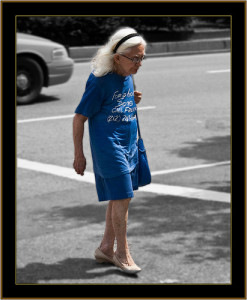From nursing homes in San Diego County to those elsewhere in Southern California and across the country, staffing shortages can lead to serious resident injuries as a result of passive neglect. In short, when a nursing home does not have a sufficient number of employees to provide appropriate care for residents based on individual resident needs, residents can sustain injuries like bed sores because they are not moving or broken bones in falls when they try to get out of bed or make it to the restroom themselves despite requiring assistance with these activities. According to a recent article in The New York Times, the significant staffing shortages that were identified at the peak of the COVID-19 pandemic are persisting in nursing homes throughout the United States, along with problems concerning infection control measures and protocol.
Staffing Problems Could Be “Monumental”
A new report on nursing home safety, discussed by the Times, was recently prepared by the inspector general’s office at the US Department of Health and Human Services (HHS). The report cited how the federal Centers for Medicare & Medicaid Services (CMS) is responsible for overseeing about 1.2 million nursing home residents nationwide, and for many of those residents at facilities in California and elsewhere, staffing issues are “monumental.” To be sure, the report identified “high levels of burnout, frequent employee turnover, and the burdens of constantly training new employees, some of whom fail to show up for their first day of work.”
 Southern California Nursing Home Abuse Lawyer Blog
Southern California Nursing Home Abuse Lawyer Blog















